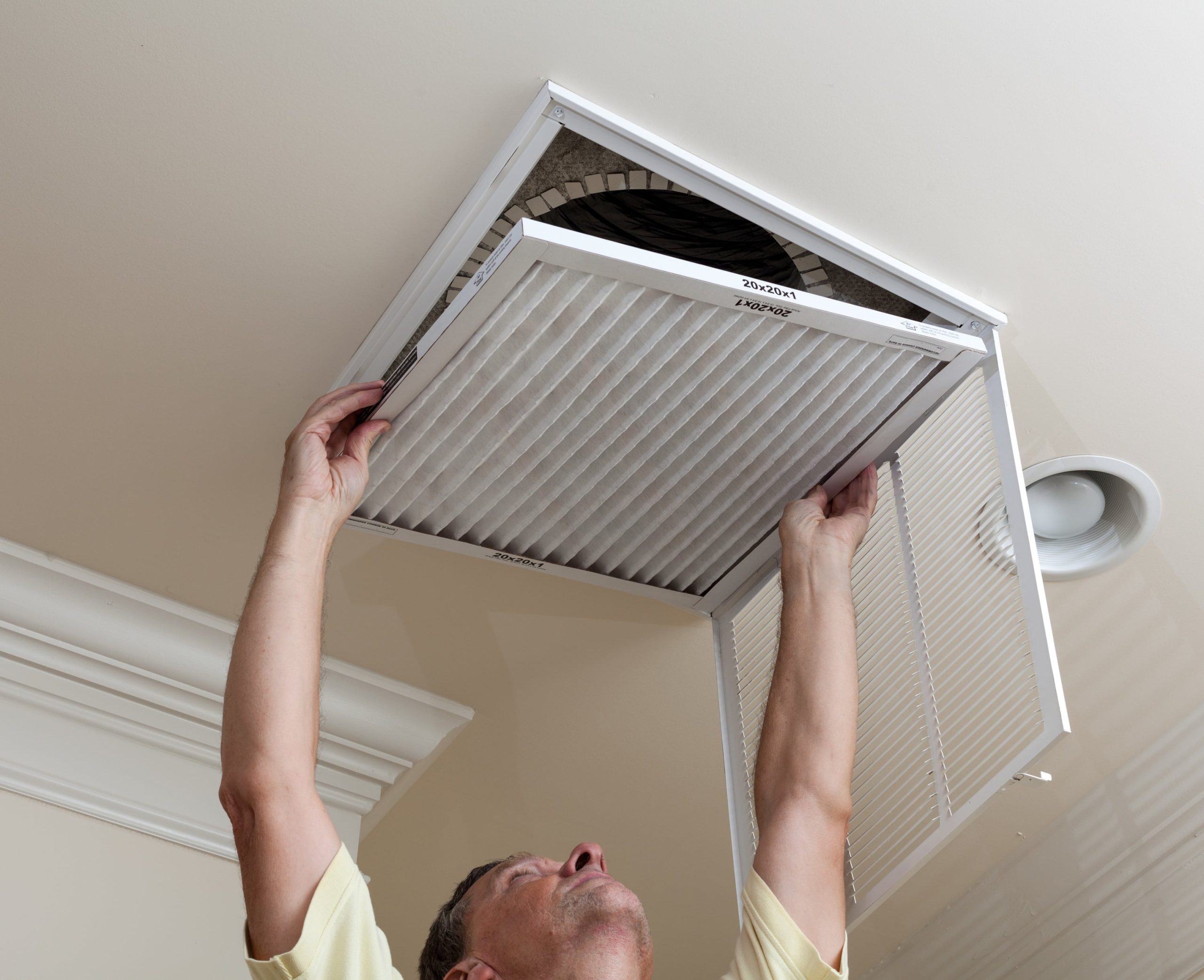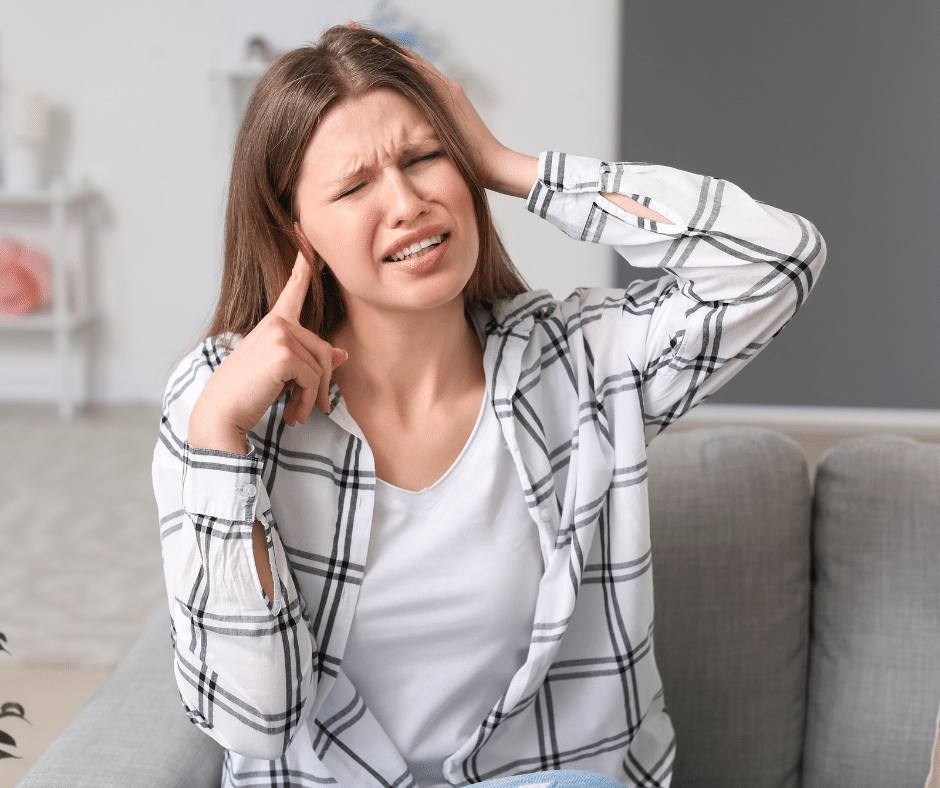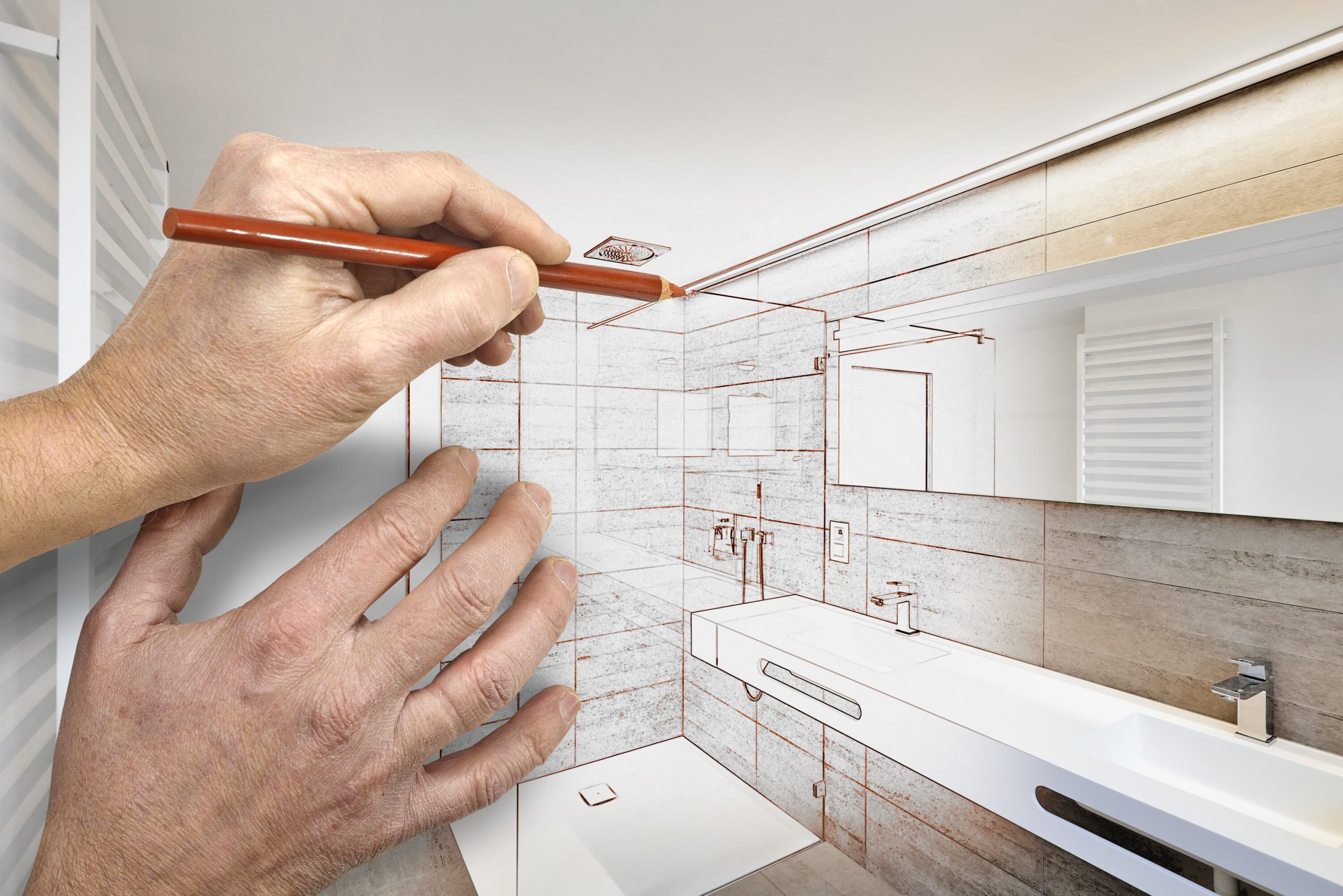
Why Do I Need to Change My Home Air Filter?
For your convenience you can listen to the article here:
When did you last change your air filter? If this question made you cringe, don’t worry. You’re not alone. To help you out, we’re going to share why it’s important to regularly change your home air filter.
Heating, ventilation, and air conditioning (HVAC) systems become invisible in a household. Out of sight, out of mind, right? With regularly scheduled maintenance from a local, licensed HVAC service provider, you need give little thought to your HVAC system. However, there are the occasional fights about thermostat settings.
A well-functioning system should cool, heat, and generally control air comfort in a building without much input by its occupants. Yet when the AC filter is dirty, your system’s functionality begins to weaken.
What Does an AC Filter Do?
In a nutshell, the AC filter keeps particles from entering the ductwork. This protects the HVAC system from gathering unwanted dirt and dust. AC filters typically have pleated material housed in a cardboard frame. Exact materials differ, while metal screens may cover the material to help keep the shape of the filter. Other styles of AC filters are made of tough, sponge-like material, cut to fit the size of an intake vent. AC filters are placed at the interior return vents of an HVAC system. Air from within the building is returned back into the ducts to be chilled or heated as desired. Also, this is where the humidity of the air adjusted for air comfort.
Why Does an AC Filter Need to be Changed?
AC filters come in different ranges of filtrations, commonly referred to by their Minimum Efficiency Reporting Values (MERVs). However, all filters remove things like dust, dirt, mold, mildew, pet hair and dander, and small items like shredded paper towels from being drawn into the ductwork. An AC filter should fit the opening of the vent snugly with no room for air to be drawn past, avoiding the filtration process.
Whether your filters are disposable or reusable, they all have a lifespan. Replace or clean your filters before their filtration ability begins to suffer. Leaving an AC filter unchanged for longer than its functional lifespan prevents air from through due to debris buildup. This causes a strain on the HVAC system as a whole because the pumps must work harder to draw air back into the ducts. An AC filter with a high MERV already restricts the draw of air through it due to its very closely-woven material, so a filter with a high particle filtration ability made dirty makes an HVAC system work extremely hard.
See Also: Are All Air Filters The Same?
Prevent “Duct Contamination”
Even if the AC filter is not so dirty it blocks air flow, it still becomes damaged over time. Any tears or holes caused by wear, damage, or household pests such as bugs or rodents allow unwanted particles to enter the system. An air filter is an HVAC system’s first guard against harmful debris. An unmaintained filter is like a gate left open, unable to protect what lies beyond it.
The EPA recommends that homeowners remain vigilant against what they call “duct contamination” through preventative maintenance. The suggested guideline from the EPA website include using the highest efficiency air filter for your HVAC system (which can be different from the filter with the highest MERV), changing filters regularly, making sure all return vents have a filter, and sealing off vents when indoor construction is in progress to protect your HVAC system from excessive intake of dust. How often you need to change an AC vent depends on the style of filter used, the type of HVAC system in your home, and the amount of dust/dirt in the air (this can change seasonally).
Why Does it Matter to Me?
A well maintained HVAC system works at its highest efficiency, providing the best possible humidity control and air comfort. Everyone inside benefits when an HVAC system works at peak efficiency. AC filters capture and remove unwanted debris and particulates from the air, helping people breathe better. Many AC filters advertise their high MERV ratings, showing how air brought back through the HVAC system contains little pollen, mold, mildew, and bacteria. Clean air is a priority for people who suffer from allergies, asthma, or other issues.
Beyond personal well-being, changing AC filters saves you money in the long run. Although it seems like the replacement of a filter multiple times a year can be a drain on your wallet, this small investment prevents your HVAC system from getting damaged, forcing you to pay for repairs. Ask yourself: is it easier to replace an old lock on a gate, or replace everything that gate was meant to protect? Prevent expensive repairs or system replacements with annual, scheduled maintenance by a local, licensed HVAC service provider combined with replacing AC filters as recommended.
See Also: Extra Steps to Cleaning Your Home Air
Change Your Filter!
Changing AC filters is a necessary part of preventative maintenance for your HVAC system. Providing every return vent in your home or building with the best possible filter protects your HVAC system from damage, while providing good air quality. Filter changing is a minimal investment into the long-term operation of an HVAC system. It’s a simple way to help take control of home air comfort. Take time to mark it on your calendar, schedule it in your planner, set up an AC filter subscription program, or make an alert on your phone. You’ll find your efforts repaid by a well-maintained HVAC system.


